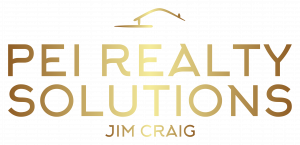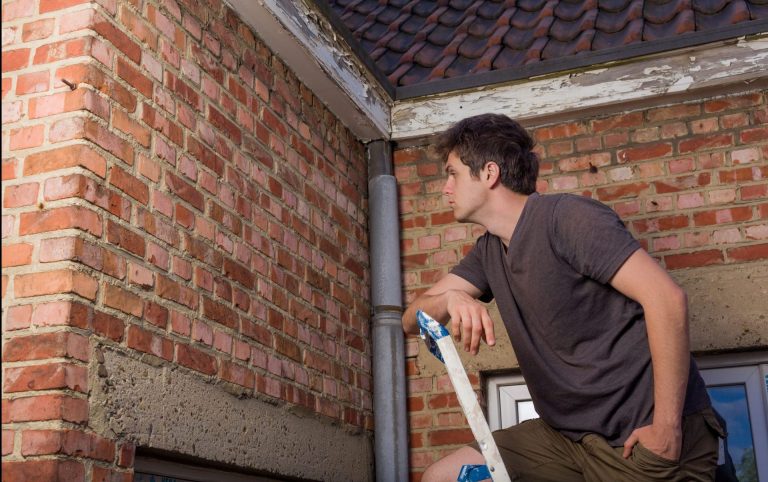Securing a home inspection before finalizing your home purchase can provide significant reassurance during the contract signing process. Understanding the home’s condition – both internally and structurally – empowers you to make an informed decision regarding its value and future maintenance needs.
A thorough home inspection serves dual purposes. Firstly, it offers an opportunity to evaluate the house’s overall condition, its structural integrity, and the status of its key systems, such as heating, air conditioning, plumbing, and electrical systems. Secondly, it highlights any potential issues to the seller, allowing for resolutions before the sale concludes.
Incorporate a home inspection clause in your contract, contingent upon satisfactory structural findings, and specify the inspection’s timeline for added protection.
The inspection should include a visual assessment from the foundation to the roof, including key components like HVAC systems, interior plumbing and electrical systems, the roof and insulation, walls, ceilings, floors, windows, doors, the foundation, and the basement.
The inspector’s report will not only identify potential defects or concerns but will also emphasize the positive aspects and necessary maintenance for the home’s upkeep.
Even experienced homeowners may lack the detailed knowledge and expertise of a professional inspection firm. For instance, basement watermarks could indicate either ongoing seepage or an isolated incident.
A professional inspection provides comprehensive details about the property’s condition, helping to avoid any surprises post-purchase. The inspector’s objectivity is crucial, especially when buyers may have emotional attachments to the property.
Inspection fees vary based on location, size, age, and specific features of the home. Opting for a professional inspection can be a wise investment, potentially saving you from unforeseen expenses.
When evaluating a home, look beyond the decor. Remember, you’re also investing in the structural and mechanical systems. Walk through the property twice – first to envision your decorating ideas, then to scrutinize the condition of structural elements.
Choose an inspector with a background in building-related fields, such as architecture or engineering. Inquire about their experience, references, insurance, and guarantees.
An inspection typically lasts about three hours, and a professional company should be willing to address all your questions. Opt for firms providing narrative reports, not just checklists, including accurate estimates for any significant issues discovered.
Home inspections aren’t exclusive to residential properties. They can also assist with specific issues like energy conservation or verifying contract fulfillment in renovations.
For those on the brink of a home purchase, the Ontario Real Estate Association recommends investing in a reputable home inspection. This critical decision should be informed by thorough knowledge of what you’re buying and your future maintenance responsibilities.
For further details on home inspections, reach out to your local Association of Home Inspectors.


